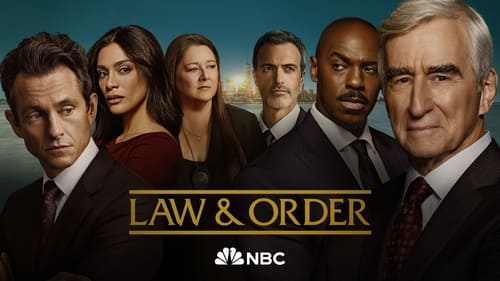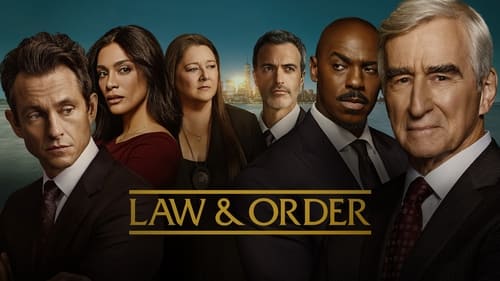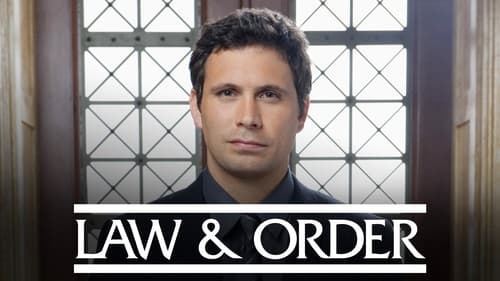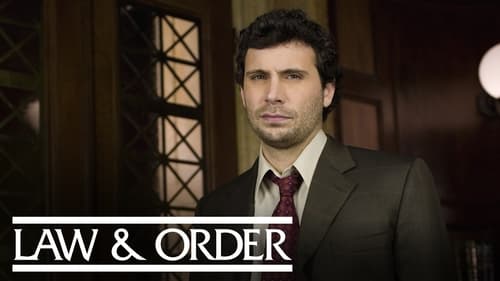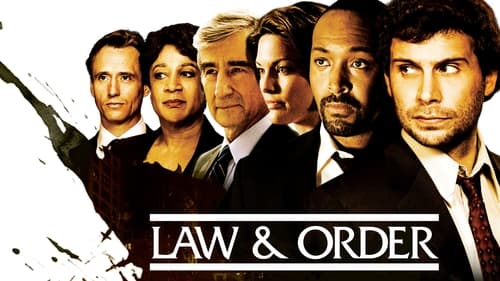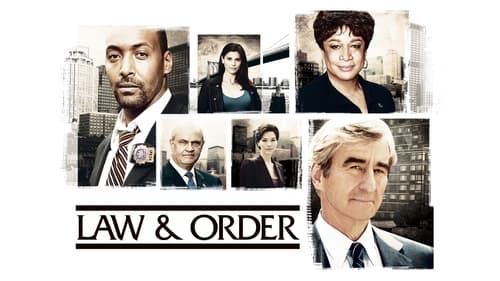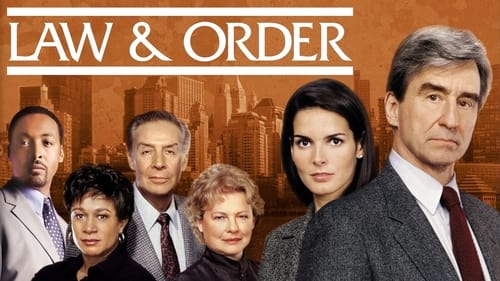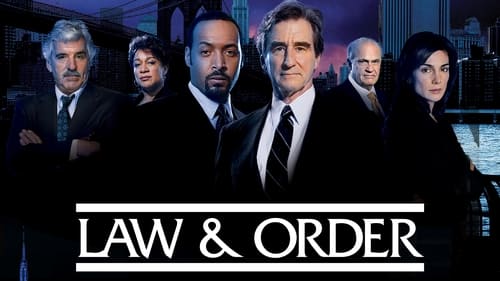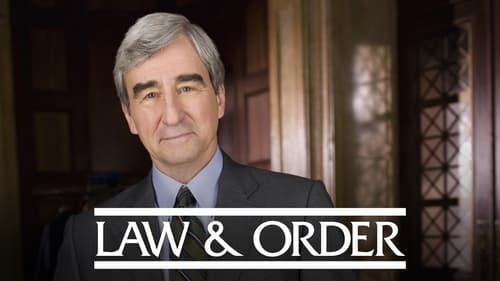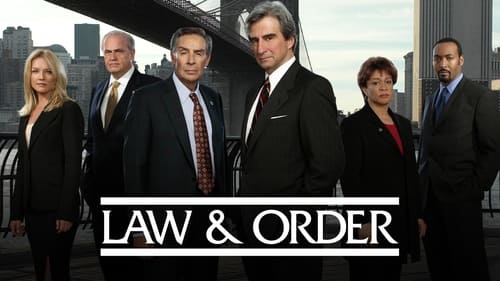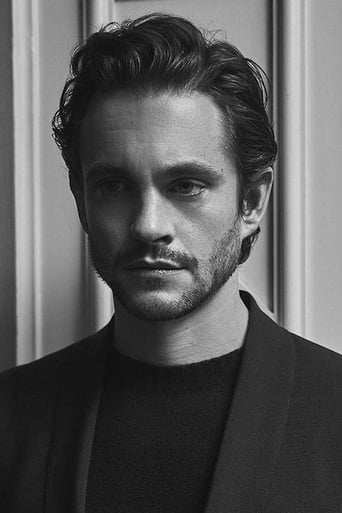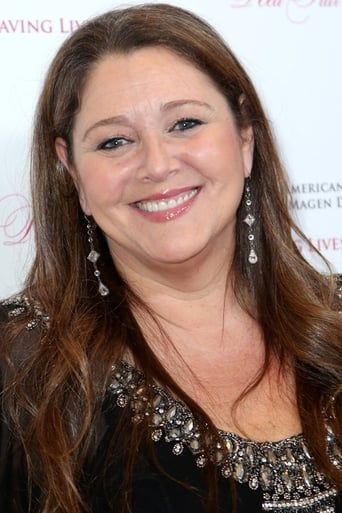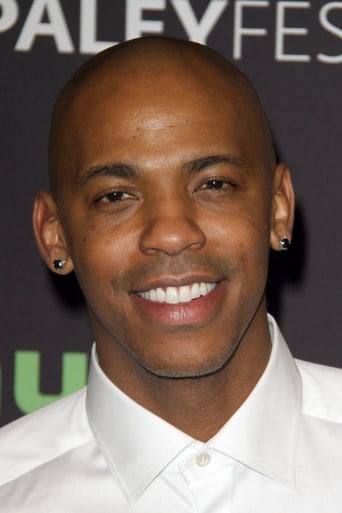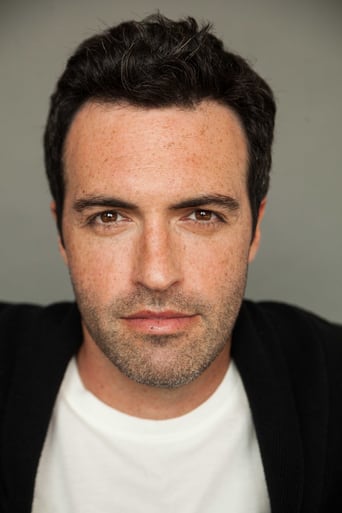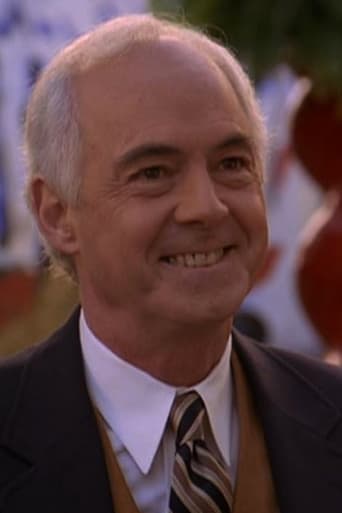Lovesusti
The Worst Film Ever
Ensofter
Overrated and overhyped
Pacionsbo
Absolutely Fantastic
Paynbob
It’s fine. It's literally the definition of a fine movie. You’ve seen it before, you know every beat and outcome before the characters even do. Only question is how much escapism you’re looking for.
Dr Jacques COULARDEAU
The interest in these rather old (more than twenty years old) seasons is in the obsolescence of so many things that do not exist anymore or the absence of what is common today. This is TV archaeology. Thus you have the big monstrous PCs, the old dial telephones, the old enormous cars, and no smart phones, no portable phones, no tablets, and even practically no bikes. The traffic is practically fluid and you can park your car anywhere easily. Security is light, the presence of cops and even thieves is light too. The police force is hardly racially integrated, definitely very little at investigating police level and same thing at justice, DA and court level. This vision of the world in New York in the early 1990s is amazing. Do you remember it? Or rather can you imagine it?The second element is typical of US American-centered vision. Every episode starts with the sentence: "In a criminal justice system," wrongly quoted as "In the criminal justice system, the people are represented by two separate, yet equally important, groups: the police, who investigate crime; and the district attorneys, who prosecute the offenders. These are their stories," by http://lawandorder.wikia.com/wiki/Law_%26_Order, because it is not true of any criminal justice system in the world and the use of "A criminal justice system" implies the universality of the remark. I checked I do not know how many dozens of episodes and it was always the same, the use of the American-centered indefinite article. What is shown in this series is purely American. In many other systems in the world investigation means looking into what the prosecution can use and what the defense can use. The defense research or investigation is not paid by the accused and done by his lawyer but most of it is done by the investigating team under the responsibility of a judge. It is this very justice system of the USA that leads to the worst possible jury decisions that are irreversible because no one can be tried twice for the same offense. . . In other words, they only look for a culprit and as soon as they find one – or they are convinced they have found one – they are satisfied and go to court.The series is very clear about that and many episodes show how tricky it is if the defense does not investigate on their own side. They even actually show cases in which the investigation is wrong, the jury finds the defendant guilty and the judge sends him to prison to serve a 25 to life sentence and yet right away afterwards new elements come up showing that the culprit is another man who was exonerated. They cannot reverse the jury decision. The judge cannot change it at all. They have to find a way to beat about the bush, negotiate the obstacle and use a detour to prove the other suspect guilty without bringing the first convicted one into the picture. Then and only then the first trial can be voided. The least we can say is that it is slightly distorted. Some might say corrugated.That's probably the best side of this series: it does not hide the fact that the American criminal justice system is deeply problematic. In spite of their Miranda warning that states what follows: "You have the right to remain silent and refuse to answer questions. Anything you say may be used against you in a court of law. You have the right to consult an attorney before speaking to the police and to have an attorney present during questioning now or in the future. If you cannot afford an attorney, one will be appointed for you before any questioning if you wish. etc.," in spite of that the prosecution will not target both guilt AND innocence but ONLY guilt. And over and over again the episodes show how bungled a case can get when the defense attorney is not diligent enough. This series shows all judicial mistakes come from the basic police work at the root of everything else afterward. The police work is often based on a personal conviction or even belief more than facts. The advantage of the police shown here is that the lieutenant who follows the investigation performed by his or her (in this case her) detectives can challenge them and the facts they bring up and ask them to look in other directions, to check other sides of the situation. But even so, nothing is clear. The main issue – or one of the main issues – is the role of women and in this particularly series the lieutenant is a woman, what's more ethnic, and the assistant district attorney Jack McCoy's assistant, Claire Kincaid, is also a woman. They often bring in a new note, a softening note, at times an alternative approach. But that is not in any way based on truth and the search for truth but on the deep conviction the case of women, or relevant facts that only women can see have been ignored. The next step in this series is the importance of deals reached by the public prosecutor with the defense before the court decision. Such deals are not dealing with justice nor even the truth but only with speeding up the procedure, save on court expenses and most of the time reduce the sentence by reducing the qualification of the crime. And when wrongly accused the duress is so hard in some situations that the innocent person accepts to plead guilty in exchange of a soft sentence, but yet it is fake justice. . . Dr. Jacques COULARDEAU
TheLittleSongbird
I absolutely love Law and Order, it is one great show. It is gritty. It is compelling. It is high quality. For me, that equals perfection. The episode ideas are original and set the bar for other shows similar to this. The scripting makes the show compelling, for it is always exceptionally written, sophisticated and totally unpredictable. The music is great, quite haunting come to think of it. The court room scenes are consistently superb, thanks to the performance of Sam Waterson as McCoy, who brings vitality and sincerity to the role. The series is quite gritty, perhaps because of the dark and brooding camera work that makes it visually good to look at. As for the performances, they are of high calibre, and I admit I think the show's golden years were with Briscoe and Green. Maybe I'm biased, but the late great Jerry Orbach was the perfect choice for Lennie Briscoe, a man who wants justice, and takes his job seriously. Orbach was a truly talented actor, and it is Briscoe as well as Lumiere from Beauty and the Beast that I remember him chiefly by. Jesse L. Martin excels also as Green, and the two men have an undeniable bond that made the show such compulsive viewing. Don't get me wrong, I liked Fontana as well, but there was something about Briscoe and Green that made me like them more. Dianne West and Angie Harmon are solid too. All in all, exceptional legal drama series. 10/10 Bethany Cox
salackar
How can people stand this show? It's so unrealistic, formulaic and lacking in emotion and substance. I just can't believe it's lasted so long, let alone become a franchise.People going about their business find a body. Usually that scene has some "social commentary". Detectives arrive at the scene and say something clever. Credits. They interview family members and friends, who are saddened but not much, either because they're talentless actors or the writers realized a realistic depiction of grief every episode would overwhelm the audience. The usual suspect is discarded, then they arrest the unusual suspect. Then arraignment, then a bunch of motions where McCoy has to clean up the detective's mess because every episode they violate someone's civil rights. Then a couple of witnesses testify a whole minute (pleeease!) and then the verdict. That is, of course, after the very realistic and thought-out two minute long closing arguments.Yeah, one episode = one trial. It's not like trials take weeks or months IRL, and apparently the cops always make an arrest within days.And I say, why not make this show realistic and depict what a week in the detective's and prosecutor's life at work would be like (working many cases, which develop at different speed)? Damages appears to be the only realistic legal drama out there when it comes to time. Seriously, if you watch this garbage you're part of the problem.It's time we, as an audience, demand some respect and stop supporting shows that insult our intelligence.
Robert J. Maxwell
It's pretty original for a TV series. "Law and Order" is the proper title because the first half has a pair of cops investigating a crime and the second half shows us the DA's office prosecuting the wrong-doers. The writers seem to know something about their subject too, which is a refreshing change. I can't count the number of humdrum police series in which the officers refer to the perpetrators as "crooks" and use other lingo lifted straight out of comic books. This one is different. The cops deal with criminals matter-of-factly, shoving them around once in a while, but shrugging and wisecracking over corpses. And the episodes stick to their subject, without dragging in a lot of time-consuming personal problems and dreary romances. There's very little in the way of a musical score -- mainly that sforzando PLONK PLONK of a chord when there's a significant change in scene.Of course the show has been going on for many years and there have been a lot of cast changes. It's important because we get to spend a lot of time with the two investigating detectives and the two or three people in the DA's office, so, over time, we get to know them rather well.Some of the cast changes has been improvements. As the police lieutenant, S. Epatha Merkerson is probably better than Dann Florek, who appeared in the earlier episodes. As the Assistant DA in charge of the cases, Michael Moriarty and Sam Waterston are equally good. As their chief assistant, Richard Brooks was replaced (to good effect) by a series of babes: Jill Hennessey, Cary Lowell, Angie Harmon, and Elizabeth Roehm. The assistants that followed were barely adequate.The original detective team was George Dzundza and Christopher Noth and both were fine. Dzundza was replaced by Paul Sorvino and then Jerry Orbach, both equally good. I can't imagine why Chris Noth was let go (suddenly and without warning) because he seemed ideal in the part.The stories haven't declined in quality much, but the signs of exhaustion are apparent. Earlier episodes were often borrowed from real-life high-profile cases and it was interesting to watch them spun out in fictional form. And they tended to reflect what anyone would think to be the experiences of ordinary detectives. The plots took the cops into the ghettos and crummy back alleys and louche places where junkies and miscreants hung out. And, again, both the characters and settings were convincingly projected. That's changed. More often now the cops work in middle-class or high-end milieus, as if the show itself were losing touch with its roots.And, to an extent, it is getting lost. It jumped the shark a few years ago, after Jerry Orbach left the cast. No satisfactory replacement has been found. Too many of the cast are beginning to look like rich actors rather than like the characters they play.Lately, my impression is that, like all systems, it suffers from creeping entropy in accordance with the second law of thermodynamics. From it has sprung forth so many spinoffs that the format is finally feeding on its own flesh. I don't bother watching the show any longer. And I always wished that the producer, Dick Wolf, would have ditched that corny wolf howl at the end of each show.At it's best, though, "Law and Order" is one of the most gripping and convincing police shows that has appeared on TV.


